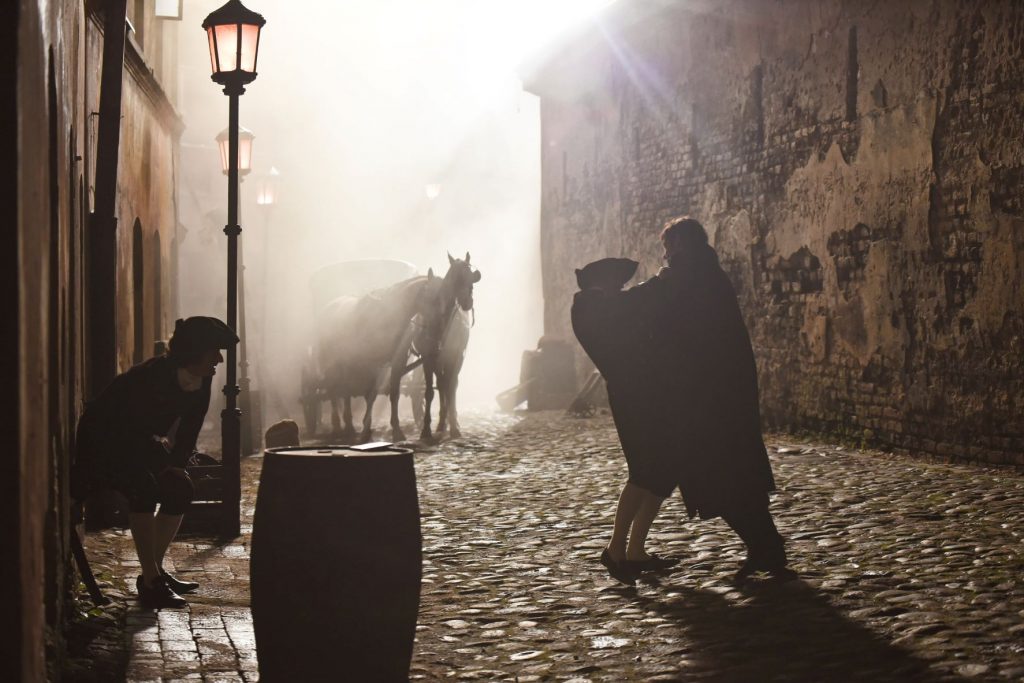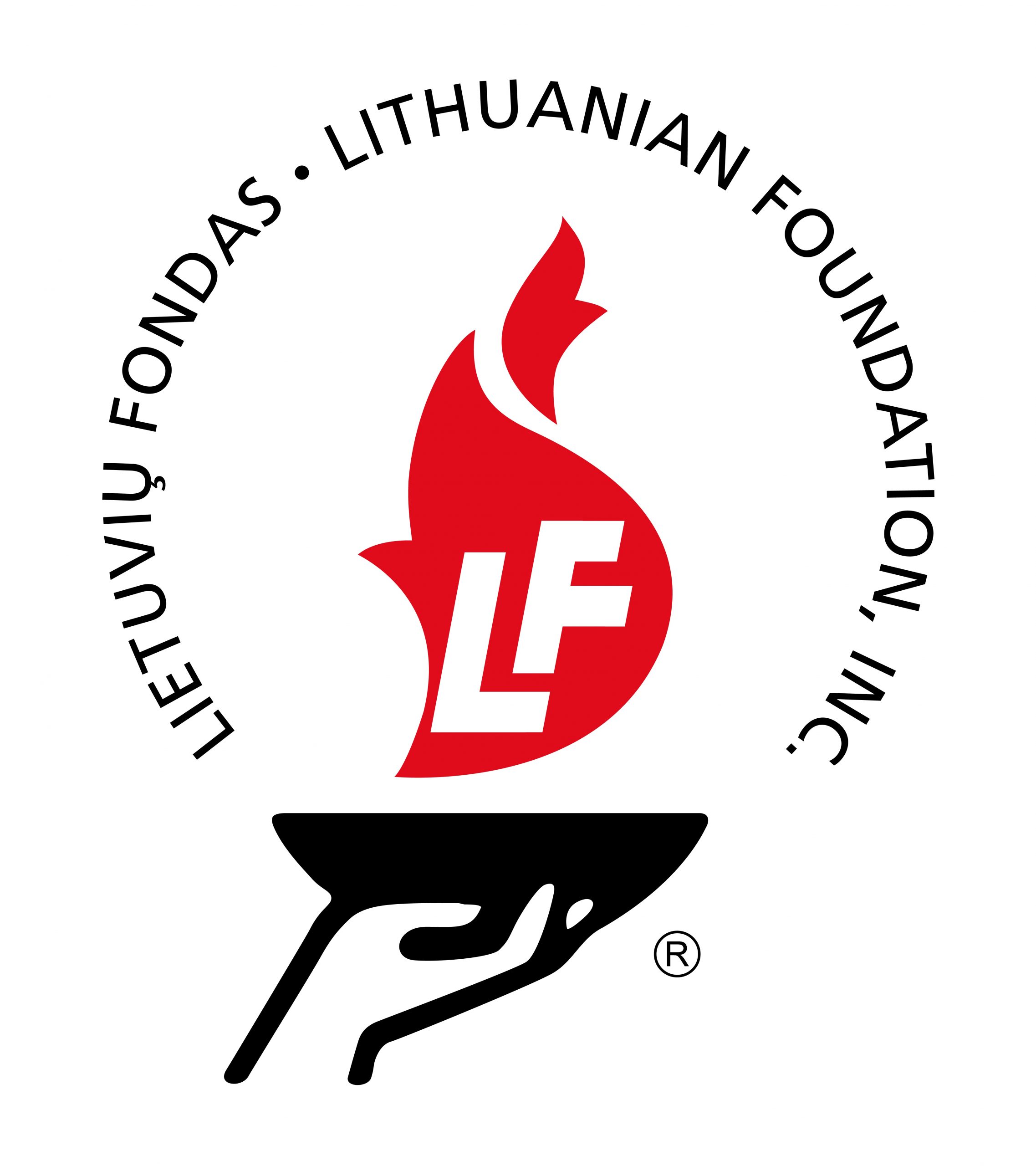Vilnius Has Become Filming Destination for Foreign Production Companies due to Film Tax Incentive and High-Level Professionals
Vilnius, the capital of Lithuania, is rapidly becoming a crucial film production location in the region, favored by both local and international production companies. The main reasons for the attraction are the Lithuanian Film Tax Incentive and high-level professionals. Although the pandemic has partially slowed down the filming projects, the film industry in the city has been quickly restored, and 13 foreign feature films have already been shot in Vilnius this year.
The most recent project in the capital—the Welsh production of the feature film “Prizefighter: The Life of Jem Belcher” about the 19th century youngest boxing champion in the world. Having encountered the lack of funding in Wales, the production team, lead by Matthew E. Chausse, the producer, decided to relocate to the Lithuanian capital for shooting. It’s the second cinematic project in Lithuania for Chausse, who filmed a sci-fi feature film “Skylines” in Vilnius in 2019.

“We are excited to be filming “Prizefighter” in Vilnius. This is my second film project in Lithuania, the crew and hospitality are world-class,” said Chausse. “We are delighted to share this amazing project filmed in Vilnius.”
The “Prizefighter” was shot for 15 days in Vilnius and 17 days in Lithuania in general throughout this past August. As many as 100 people worked on the project, 80 of them being local professionals.
According to Kęstutis Drazdauskas, the executive producer of the film and founder of “Artbox,” one of the oldest Lithuanian film production houses, local production crews are fully experienced to tackle any challenges that may come their way when working on international projects.
“Sometimes the challenges are management-related, other times—creative. When shooting “Prizefighter,” we had to recreate 19th century England, complete with specific architecture, and ambiance. It looked truly difficult at first, however, our team tackled the task admirably and astonished highly experienced partners by demonstrating ingenuity and a high level of professionalism,” said Drazdauskas.
Aside from world-class cinematic professionals, the Lithuanian Film Tax Incentive is one of the main appeals for foreign production companies. It enables feature films, TV series, documentaries to have 30% of filming costs reimbursed if they fulfill several main criteria: at least 80% of production costs must be incurred in the country, with the minimum spending amount of €43K.
As reported by Jūratė Pazikaitė, Head of Vilnius Film Office, the Film Tax Incentive helps the capital to attract a number of foreign cinematic projects to Lithuania each year.
“Vilnius is fully prepared to accommodate the needs of foreign film crews, enable access to high-level professionals and a range of shooting locations, and facilitate the acquisition of filming permits,” commented Pazikaitė. “Production teams come from the US and many of the largest European countries—Sweden, Norway, Finland, the United Kingdom, Germany, the Netherlands, to name a few. This year Vilnius and the rest of Lithuania were especially favored by the Scandinavian countries.”
2020 was also a record-breaking year in Lithuania due to the Film Tax Incentive—the country received around €27M income from foreign film productions. Also, around 95% of film productions either take place in Vilnius or are initiated by companies operating in the capital.
The capital has also made global headlines when several large-scale projects shot in its streets during the past years: while Netflix’s “Stranger Things” crew set up in the century-old Lukiškės Prison for Season 4, HBO chose the residential district Fabijoniškės for the cult-favorite miniseries “Chernobyl.” Also, a Lithuanian feature film “Pilgrims” has just won the Orizzonti Award for Best Film at the 78th Venice Film Festival.
Original article published in www.filmvilnius.com
Rėmėjai

